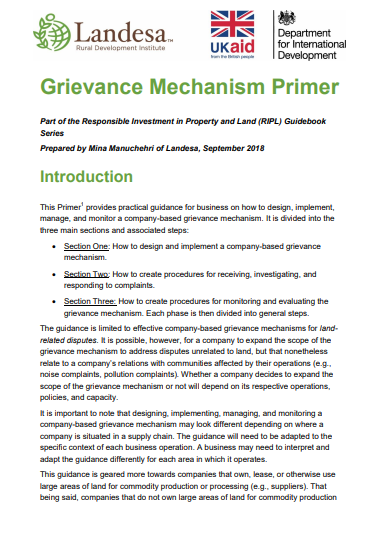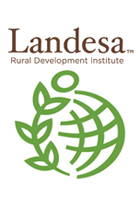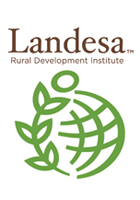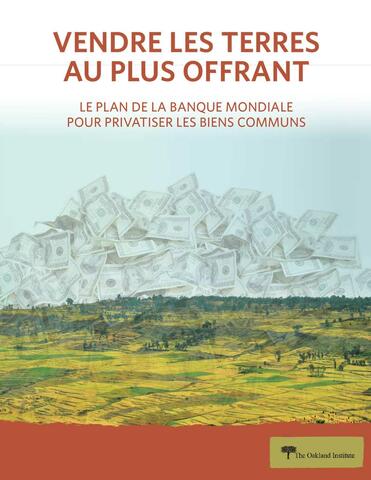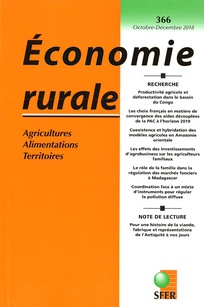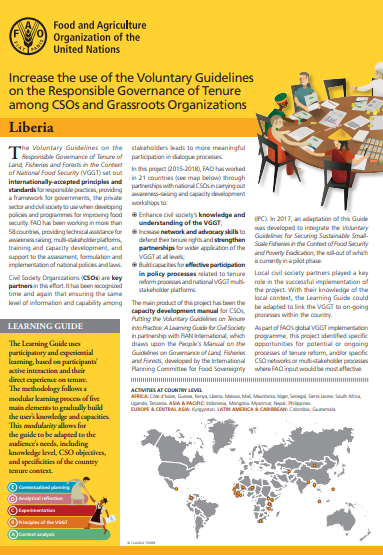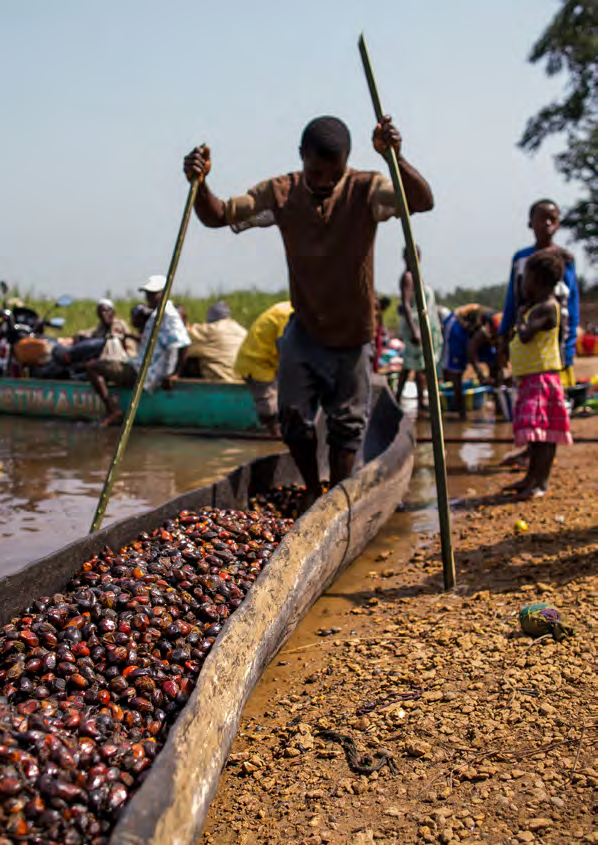Utilización de la tierra
AGROVOC URI:
Ruilverkavelingsgebied Bathmen : bodemgesteldheid en bodemgeschiktheid
Dealing with private property for public purposes : an interdisciplinary study of land transactions from a micro-scale perspective
Dealing with private property for public purposes : an interdisciplinary study of land transactions from a micro-scale perspective
THE LAND BILL (DRAFT 3): ANALYSIS AND POLICY RECOMMENDATIONS
October 2013 — This report analyses Ghana’s Land Bill, Draft 3, and provides recommendations for how the Bill could more clearly and adequately accomplish its stated purpose and reflect the principles and mandates of the Constitution and National Land Policy. Appendix I contains a summary of all recommendations. This report was produced as part of the Land Access and Tenure Security Project (LATSIP).
AN INTRAHOUSEHOLD ANALYSIS OF ACCESS TO AND CONTROL OVER LAND
March 2014 – This paper assesses the extent to which Rwanda’s progressive legal framework has eliminated gender-based discrimination in access and control over land by taking a nuanced look at women’s ability to make land-related decisions and at the factors that affect their decision-making power.
SECURING WOMEN'S LAND TENURE IN NORTHERN UGANDA – A WOMEN FIRST APPROACH
March 2014 – This paper discusses a pragmatic, adaptive framework for understanding and taking action to strengthen women’s land tenure security in the context of customary tenure. The Framework defines secure land rights in terms of five elements, which each serves as the basis for distinct, measurable indicators upon which to base project assessment, design, and evaluation. This paper presents the Framework and suggests its potential as an analytical foundation for assessing the security of land rights, for designing projects or developing policies that protect and stren
IMPROVING LAND GOVERNANCE THROUGH COMMUNITY PARTICIPATION
March 2014 – Odisha, a state on the eastern coast of India, has endeavored over the years to enact laws aimed at providing land to those cultivating it and redistributing ownership of land. Landesa designed and piloted a model where a local youth (called a Community Resource Person) – identified by the community – is trained to provide additional capacity to local government land administration officials to identify and provide title to the formerly landless families. This model was subsequently scaled to cover 1,042 villages in seven districts of the state.
Vendre les terres au plus offrant: Le plan de la Banque Mondiale pour privatiser les biens communs
Date: 2019
Source: Foncier & Développement
Par: Frédéric Mousseau (The Oakland Institute)
Ce rapport détaille comment la Banque Mondiale préconise des réformes, via un nouvel indicateur foncier dans le projet EBA (Enabling the Business of Agriculture), qui encourage les acquisitions de terres à grande échelle et l’expansion de l’agrobusiness dans les pays en développement.
Les effets des investissements agrobusiness au Sénégal et la régulation des marchés fonciers à Madagascar: nouveau numéro de la Revue d’économie rurale
Date: 2018
Source: Foncier & Développement
Par: Société française d'économie rurale
Ce nouveau numéro de la Revue d’Economie Rurale aborde les cas des investissements agrobusiness au Sénégal et de la régulation des marchés fonciers à Madagascar. Présentation de ces deux articles en quelques lignes :
Increase the use of the Voluntary Guidelines on the Responsible Governance of Tenure among CSOs and Grassroots Organizations_Liberia
The Voluntary Guidelines on the Responsible Governance of Tenure of Land, Fisheries and Forests in the Context of National Food Security (VGGT) set out internationally-accepted principles and standards for responsible practices, providing a framework for governments, the private sector and civil society to use when developing policies and programmes for improving food security.
Augmenter l’utilisation des Directives volontaires pour la gouvernance responsable des régimes fonciers (DVGF) parmi les organisations de la société civile et de base_Niger
Les Directives Volontaires sur la Gouvernance Responsable des Régimes Fonciers applicables aux Terres, aux Pêches et aux Forêts dans le Contexte de la Sécurité Alimentaire Nationale (DVGF) ont défini des principes et des standards internationalement reconnus pour des pratiques responsables, fournissant un cadre aux gouvernements, au secteur privé et à la société civile à utiliser pour l’élaboration de politiques et de programmes visant à améliorer la sécurité alimentaire.
Accaparement de terres et huile de palme en Sierra Leone
Date: 7 mars 2019
Source: Farmlandgrab, FIAN Belgium
FIAN Belgium publie un nouveau rapport "Accaparement de terres et huile de palme en Sierra Leone : analyse du cas SOCFIN à la lumière des droits humains".
Résumé



